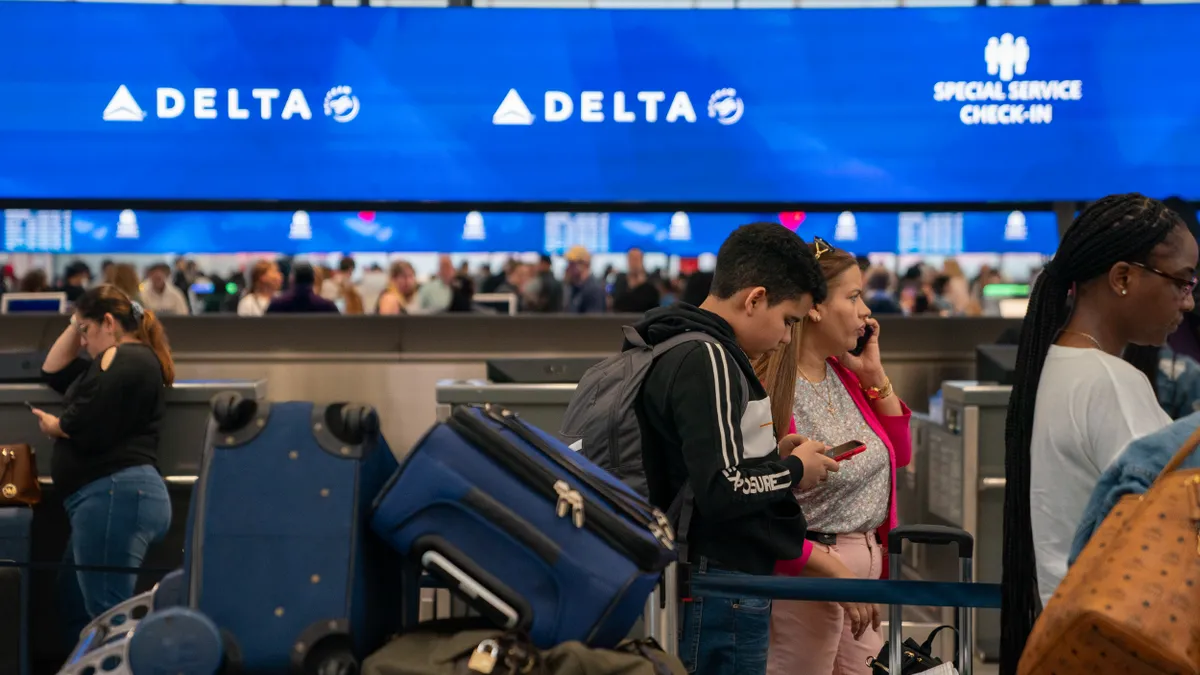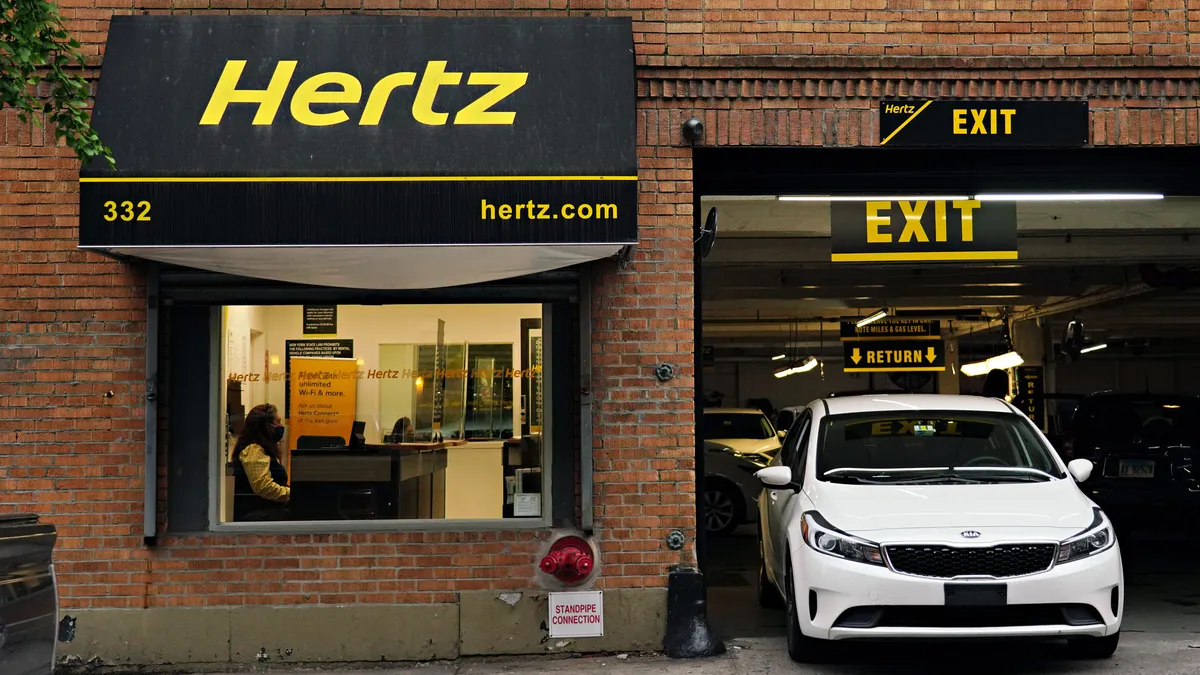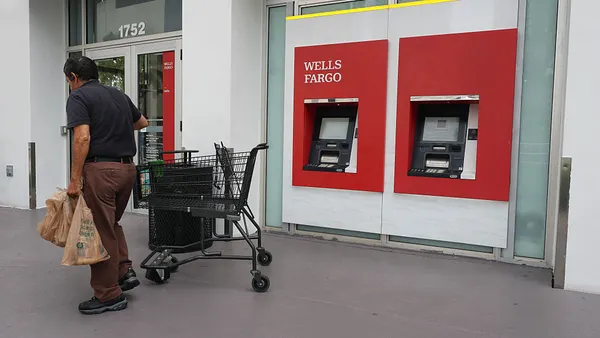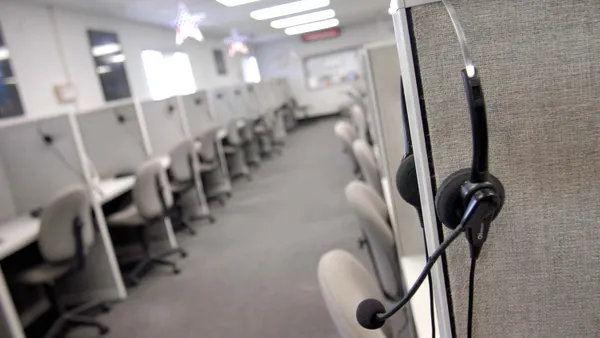Airlines executives faced scrutiny from members of the Senate Permanent Subcommittee on Investigations during a hearing on the practice of charging baggage and seat fees Wednesday.
Executives say fees for ancillary services — from in-flight Wi-Fi to sitting next to one’s child — provide consumers with choice. Senators on Wednesday referred to them as “junk fees” meant to maximize airline’s revenue streams at the expense of consumers.
“[Customers] feel like they are piggybanks just to be shaken down by these skyrocketing fees that seem to have no connection to any costs that the airlines incur,” Sen. Richard Blumenthal, D-Conn., and the chair of the Senate subcommittee on investigations, said during the hearing.
The hearing follows a November report from the subcommittee that found five airlines — American Airlines, Delta Air Lines, United Airlines, Frontier Airlines and Spirit Airlines — collected $12.4 billion in seat fees from 2018 to 2023.
The subcommittee’s investigation found that each of the airlines’ seat fee revenue grew throughout that five year time period, more than doubling for Delta and Frontier.
Airline executives stressed the low cost of flying for price-conscious consumers.
“It has never been more affordable to fly,” Steve Johnson, vice chair and chief strategy officer at American, said during the hearings. “We have very deliberately designed product offerings and choices for our customers so they can decide what is valuable to them.”
Low-cost carriers like Frontier and Spirit were the first to charge for ancillaries like seats and bag fees, according to Katy Nastro, a travel expert at Going. But legacy carriers took a page from their books.
“Airlines realized that they could differentiate the fees specifically for seats since the willingness to pay for a better seat was there,” Nastro said via email. “Unbundled pricing was not just a copy-cat method by legacy carriers to consumer preferences, but also a way to generate additional revenue and not have to pay the standard excise tax that the base fare is subject to.”
“Ancillaries are a way to help tip the scale” as operating costs for airlines climb, Nastro said.
Some senators took issue with airlines’ claims of rising costs.
“I know there are going to be claims in your testimony of rising costs. But we found that for checked bags, the fees are unconnected to any costs in transporting them, and it’s obvious that assigning paid seats is pure profit,” Blumenthal said.
Between 2022 and 2023, Frontier and Spirit paid $26 million to gate agents and employees to catch passengers whose bags allegedly didn’t follow their baggage policy, according to the subcommittee report.
“If people want to know why it's such a terrible experience to fly this is news for them today,” said Sen. Josh Hawley, R-Mo.
The subcommittee obtained internal documents that Frontier paid as much as $10 to gate agents every time they identified a passenger whose free personal item was large enough to qualify as a carry-on bag requiring a fee up to $99. Spirit said it discontinued its policy of paying gate agents extra to identify such customers in September.
Among the largest airlines only Southwest Airlines was missing from the hearing, as the airline does not charge fees for customers' first two bags and allows customers to change flights for free.










